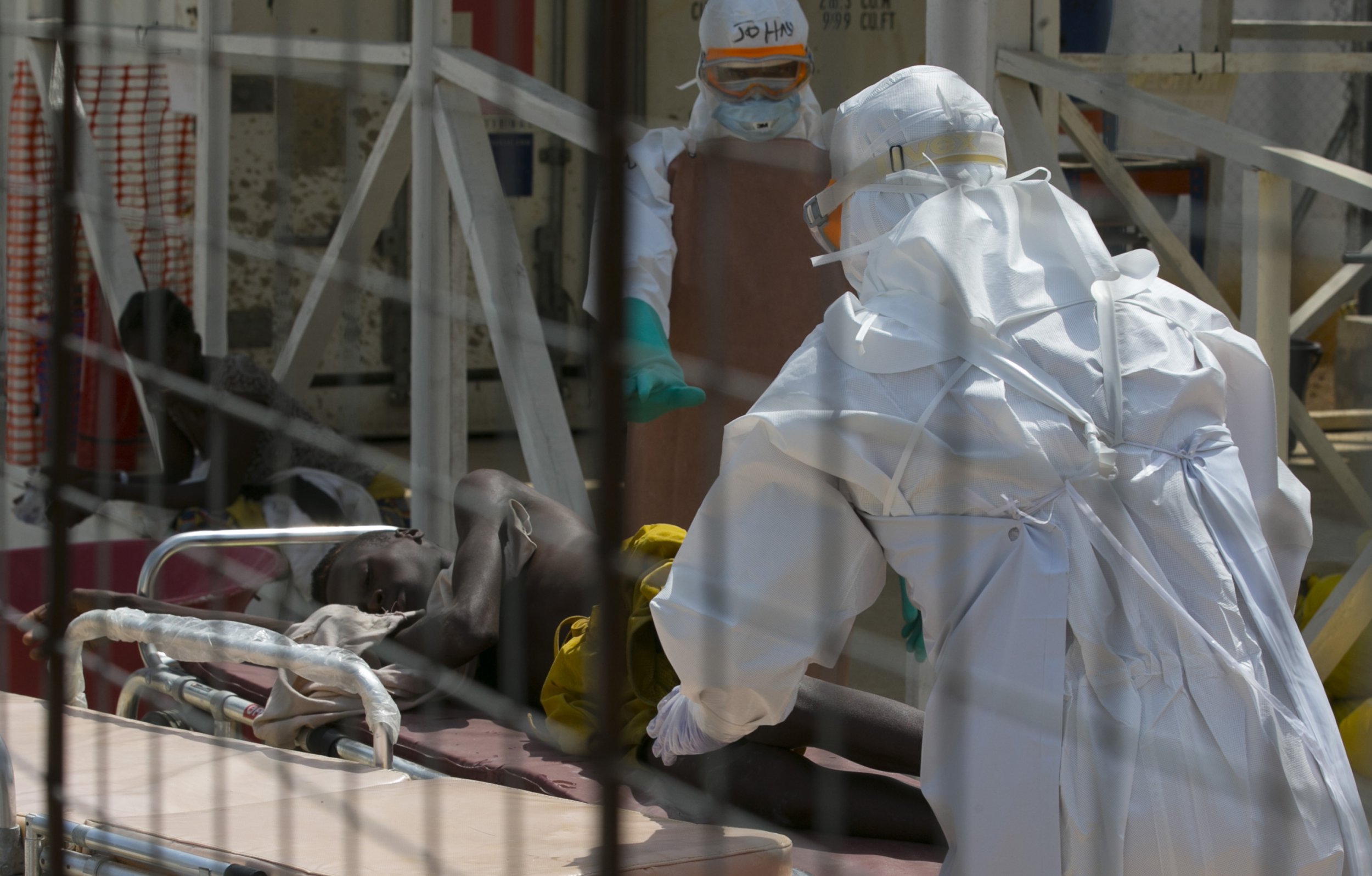
More people could die from a wide-spread measles outbreak in the next 18 months in West Africa than have died from Ebola since its outbreak in 2014, according to a report published in the journal Science.
It estimates that due to disruptions to vaccination programs caused by the Ebola crisis, the number of measles infections could almost double over 18 months to 227,000, leading to between 2,000 and 16,000 deaths,
More than 10,000 people have now died from Ebola since the outbreak began in March last year. Resources have been diverted to tackle the epidemic, disrupting healthcare in the affected countries - Sierra Leone, Liberia and Guinea - and causing some healthcare centres to close. Due to the public fear of catching Ebola at the height of the crisis, the healthcare centres that stayed open also reported reduced attendance. This led to a significant breakdown in routine vaccination programs.
The lead author of the paper, Dr Justin Lessler from Johns Hopkins University says: "It's a combination of redirected resources, that have been rightly redirected to fight the Ebola epidemic and there are limited resources in the countries that were affected and also there have been some effects of fear."
"So the report showed that during the height of the epidemic at least half of health care centres were closed in Monrovia for instance but those that were open were reporting receiving less cases. A similar report in Sierra Leone indicated that admissions had dropped by 70%."
The report states that while the number of Ebola cases are declining and stopping the virus would be a triumph for the global health community, the disruptions to local health systems "could lead to a second infectious disease crisis that could kill as many as, if not more than, the original outbreak".
The team estimated that for each month of healthcare disruptions - assuming a 75% reduction in national vaccination rates - the number of children between nine months and five years old who are not vaccinated against measles increases by an average of 19,514.
Since the turn of the century, estimated annual measles mortality has dropped from 499,000 to 102,000, according to the report. Along with measles, the team recorded reductions in vaccinations for other diseases such as oral polio, which the report says could set back gains made over recent decades.
"I would say the fact that the reductions did occur is in part to do with the same reasons Ebola became such a problem, the weakness of the local healthcare systems prior to the outbreak," says Dr Lessler.
"I think people were aware but Ebola was such a crisis and rightly was taking in everybody's attention and resources.
"I would say in the future as Ebola wanes, the aid that goes in should be broader."
The report says there is a clear, relatively inexpensive path to dealing with the healthcare disruption brought about by the Ebola crisis - a one-time aggressive regional vaccination campaign.
"Coordinated campaigns across the three Ebola-affected countries (and possibly neighboring countries) targeting those children who likely missed critical routine vaccinations during the Ebola epidemic with measles and polio vaccines, and potentially other life-saving childhood vaccines, could thwart a second public health disaster," the report reads.
Uncommon Knowledge
Newsweek is committed to challenging conventional wisdom and finding connections in the search for common ground.
Newsweek is committed to challenging conventional wisdom and finding connections in the search for common ground.
About the writer
Luke is a reporter at Newsweek Europe based in London covering politics, business, science and technology. @HurstWords
To read how Newsweek uses AI as a newsroom tool, Click here.





